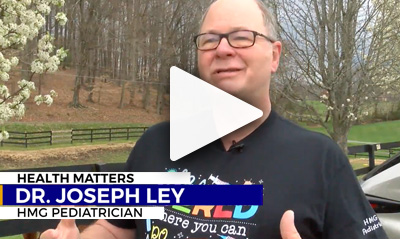A little girl leads a chocolate-brown horse around the inside of an equestrian center, talking softly to him as they walk. Nearby, a boy climbs atop a small, tan horse for the first time, settling into the saddle as the horse launches into a steady gait.
So much has changed for children over the past year during the pandemic, from how they attend school to the amount of time they spend with kids their own age or even extended family. But at Small Miracles Therapeutic Equestrian Center in Kingsport, children with physical, emotional, social and cognitive challenges gain a boost in confidence. They also strengthen their ability to communicate and manage their emotions.
“When they are here, they feel at ease and at home—it’s something familiar that they know,” says Sherri Russell, Executive/Program Director, Small Miracles.
Throughout the pandemic, Russell has seen the need for Small Miracles’ services grow as children lost the familiarity of life as they knew it. Children with special needs as well as those who have experienced trauma or abuse felt the impact deeply. Often, they struggle to express their feelings about this loss. They may act out or become withdrawn.
It’s one reason why Holston Medical Group provides volunteer support for Small Miracles through our “Mission into Motion” program. In 2020, HMG physicians, clinicians and staff donated 1,856 hours in overall volunteer service throughout the region. Small Miracles is one of several organizations that benefit from our team’s efforts.
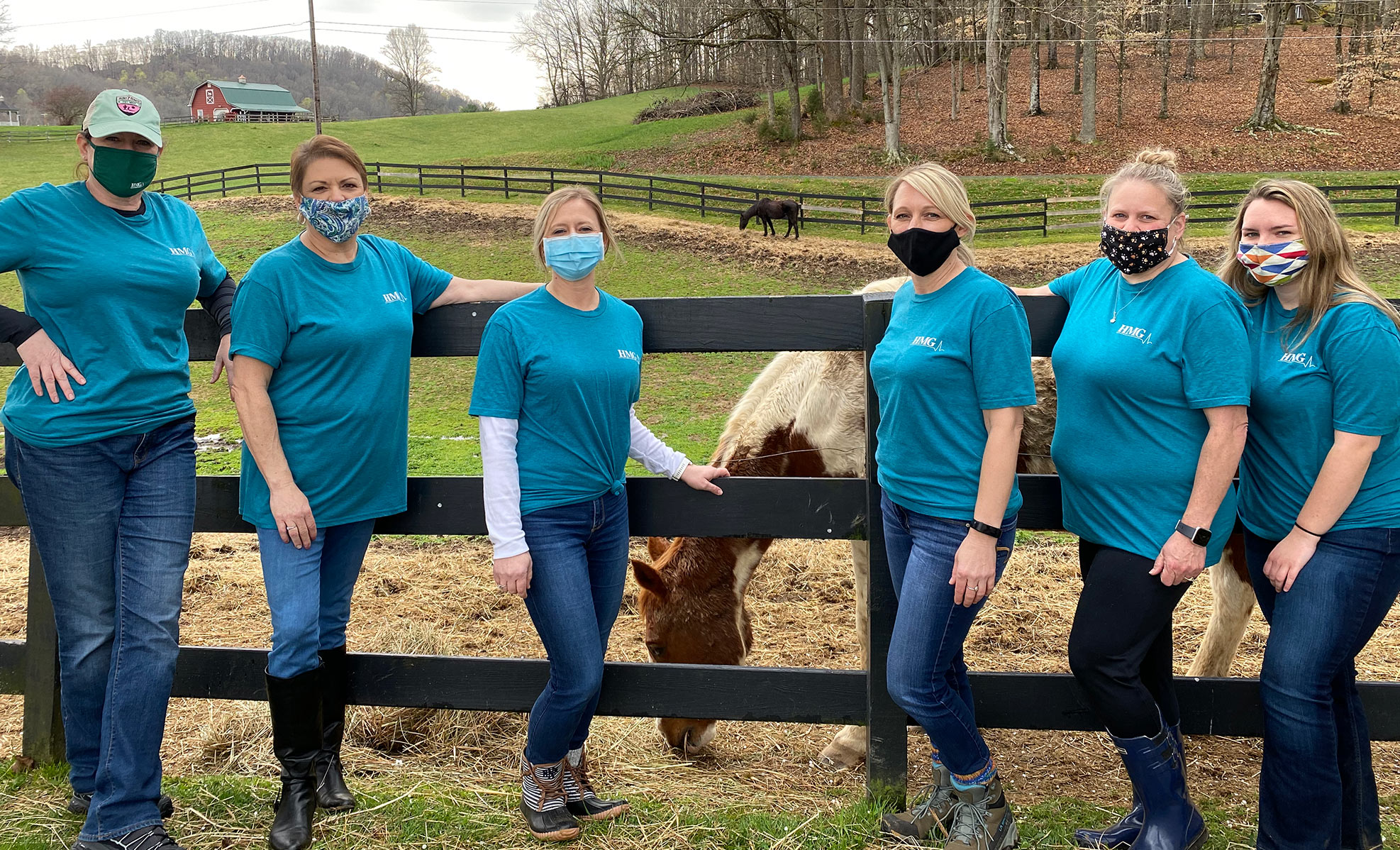
“Part of HMG’s mission is to build lasting relationships. One way we do this is by meeting people where their needs are—and often, that’s outside the walls of our medical offices,” says HMG Pediatrician Joseph Ley, MD, a member of HMG’s medical team since 1996. “Small Miracles is a great program that continually meets the needs of children in our communities, from those with special needs to children at risk.”
There’s Healing Power in Horseback Riding
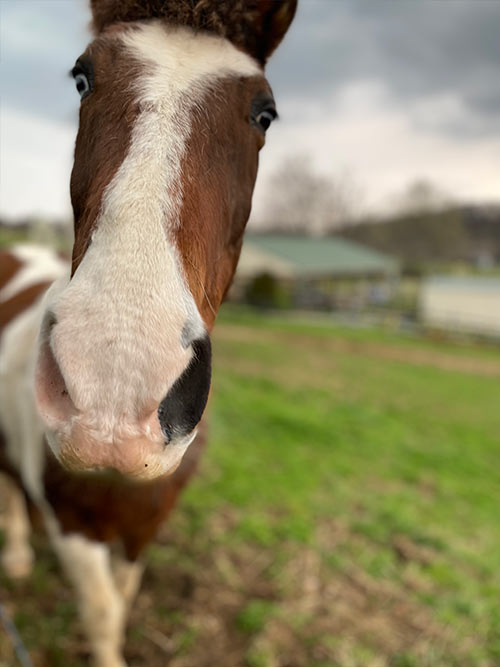
Small Miracles offers children who might otherwise not be able to afford equestrian training the ability to ride a horse in a safe, relaxed setting. Volunteers who are trained to work with at-risk youth and those with social, emotional, and developmental needs guide children through the process of getting to know the horse, caring for “their” animal and riding the horse around the facility.
Studies suggest that equine therapy may help children with neurodevelopmental disorders and attention deficit disorder improve dexterity, coordination and strength. Dr. Ley witnesses dramatic improvements in social and emotional skills among children enrolled in equine therapy as well.
“Equine therapy is highly effective in reducing children’s irritability, agitation and impulsive behavior,” Dr. Ley says. “It also helps children learn how to cooperate with others by teaching them to connect with their horse.”
Small Miracles’ programs range from therapeutic horsemanship, designed for children with physical, cognitive, and emotional needs, to positive youth development for children who experience difficult or traumatic situations. The center also features therapy for adults, such as veterans navigating post-traumatic stress disorder.
“The growth in our ability to serve has been amazing,” Russell says. “When I first began working at Small Miracles in 2008, we had 12 students on the schedule. Once we added the positive youth development program, we saw a surge in students due to the tremendous need for this service in our community. Now, we teach 75 to 100 students each week across our programs.”
During COVID-19, Small Miracles continues to deliver therapy for those in need with modifications made to keep students safe. The continuity in service during the pandemic fills a critical void for at-risk kids and those with special needs, Dr. Ley says.
“A lot of children have really struggled, emotionally, during the pandemic,” he says. “Especially for children who have been unable to attend school in a classroom setting, Small Miracles gives them the boost they need to get through this challenging time.”
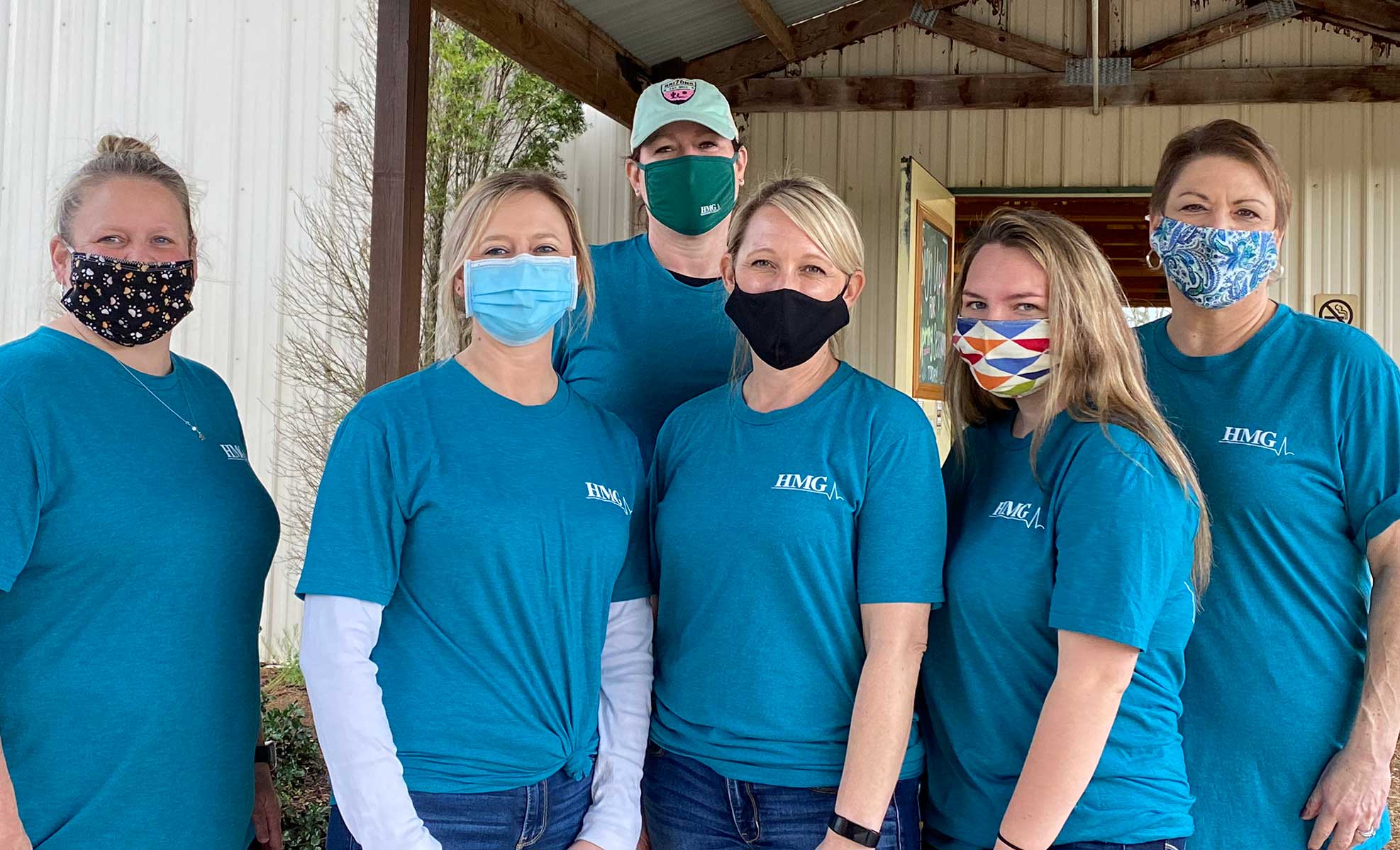
Without volunteers, the reach of these programs would be far more limited. For example, one of Small Miracles’ most-requested programs is therapeutic horsemanship. “We currently teach 40 students a day in this program, and we get more requests for enrollment every week,” Russell says. “Our biggest challenge is finding volunteers. Currently, we have a waitlist of 75 students simply because we don’t have enough volunteers to expand this service.”
“Right now, we’re challenged to find volunteers for our after-school programs, especially,” Russell says. “Holston Medical Group is vital to our ability to connect kids with the services they need to strengthen their physical and emotional well-being.”
Making Connections that Strengthen Pediatric Health
COVID-19 upended children’s routines and pushed them outside their comfort zone, just as it did for parents. It’s only natural, then, that parents might have observed changes in their children’s behavior over the past year.
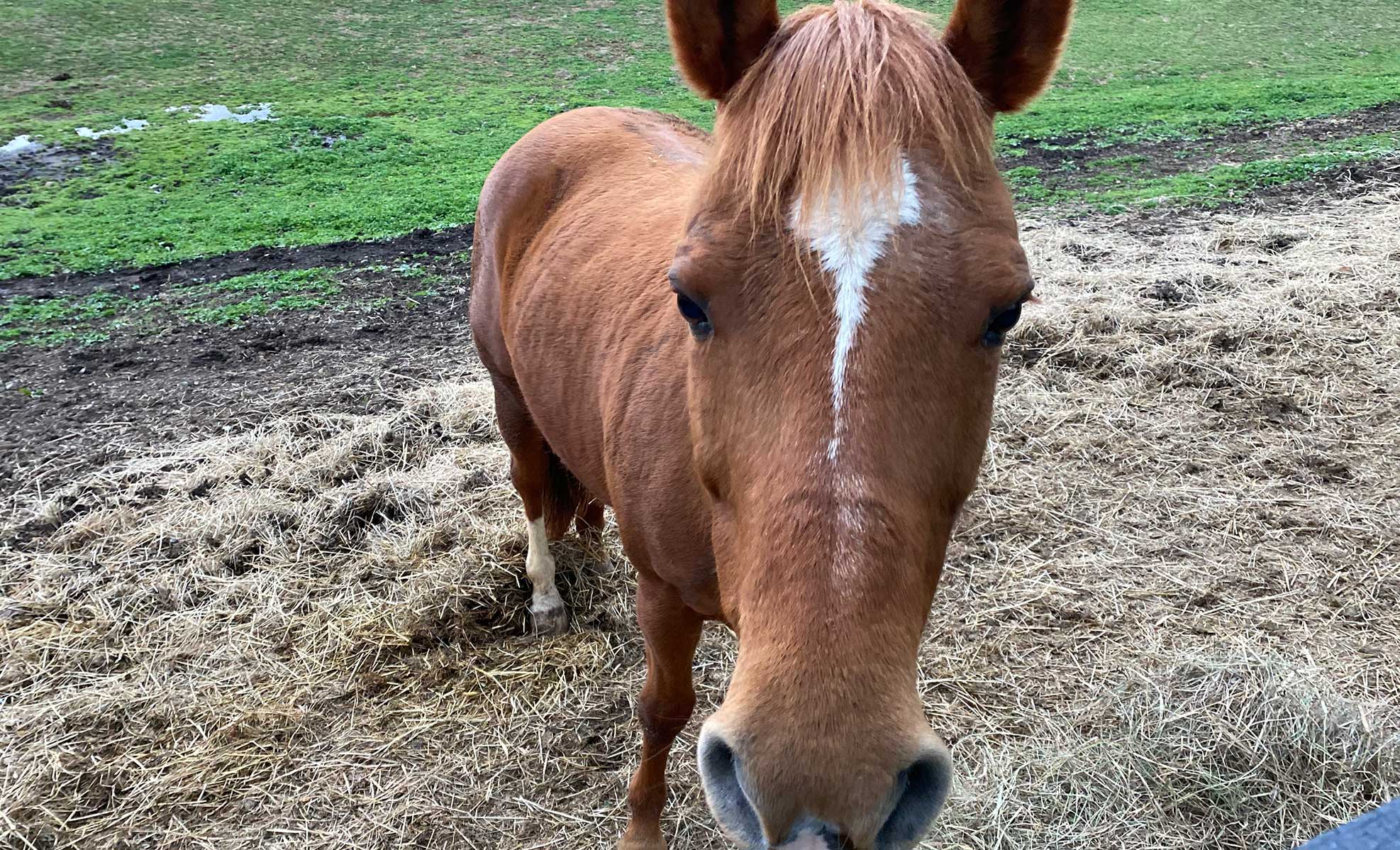
“I strongly encourage parents to talk with their pediatrician about the impact of the pandemic on their child,” Dr. Ley says. “Together, parents and pediatricians can assess the need for additional resources to help kids through this challenging time. As our work with Small Miracles shows, help may be just a phone call away.”
To help Small Miracles meet the growing need for equine therapy in our communities, contact Small Miracles’ volunteer coordinator at (423) 349-1111 or email at volunteersmallmiracles@gmail.com. “We will train you and get you plugged in and ready to go for as much time as you can donate!” Russell says. “Without our volunteers, we cannot conduct the programs.” You may also make a monetary donation to Small Miracles or sponsor a student or a horse at small-miracles.org.




